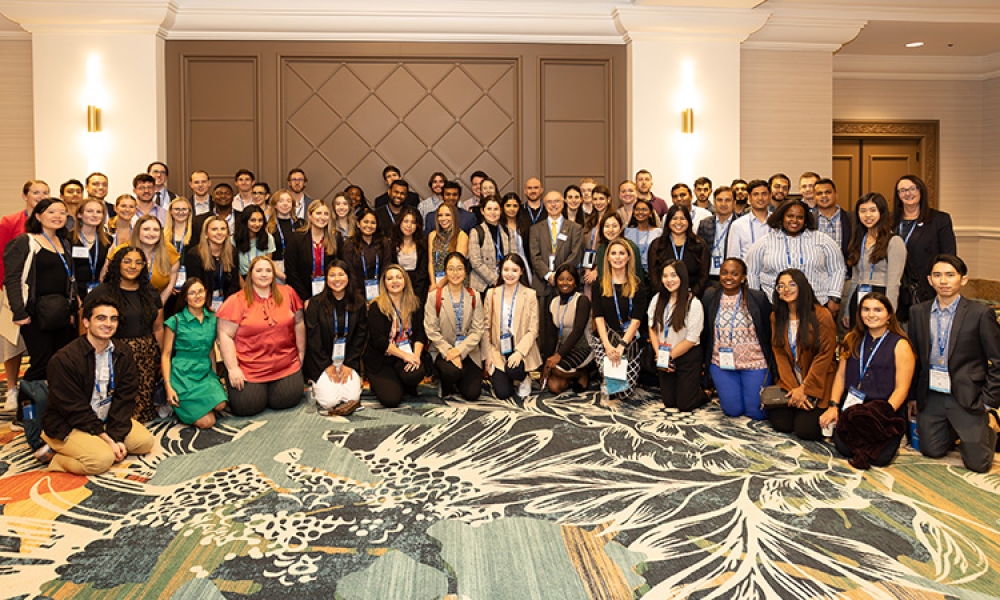The following blog post was provided by Peyton Myers, an undergraduate student at Appalachian State University. Myers attended the 2023 ISPE Annual Meeting & Expo in Las Vegas as an ISPE Foundation Professional Development Grant recipient.
Related Articles
The integration of data science in biopharmaceutical manufacturing, emphasizing data quality, tech transfer efficiency, and process optimization, is the heart of this track. Led by industry experts, discussions explore leveraging digital twins, predictive analytics, and continuous improvement initiatives. Additionally, interactive roundtable discussions provide attendees with a dynamic forum...
The pharmaceutical sector stands at a crossroads of immense possibilities. We are witnessing an unprecedented surge in innovation, fueled by a remarkable partnership between industry and regulatory authorities. For example, there are initiatives fostered by the US Food and Drug Administration (US FDA) to promote innovation with programs such as CATT (CBER Advanced Technologies Team) and ETP...



